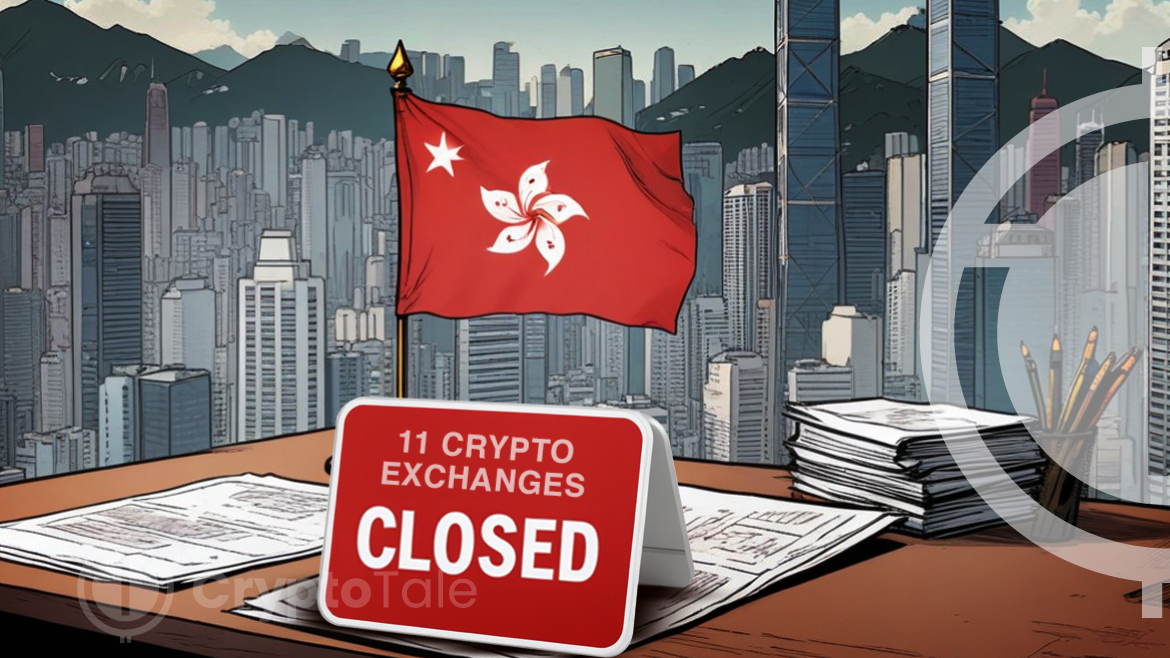- Hong Kong’s SFC nears licensing 11 crypto exchanges, including Crypto.com and Bullish, under new stringent regulations.
- Bybit exits Hong Kong market, halting services after withdrawing VASP license application due to stricter local regulations.
- The state mandates all crypto exchanges to obtain licenses by May 2024, aiming for a secure and transparent trading environment.
Hong Kong’s Securities and Futures Commission (SFC) has announced that 11 cryptocurrency exchanges are on the verge of securing operational licenses. This significant development, reported by Bloomberg, and revealed on the SFC’s website on Saturday, includes major players like Crypto.com and Bullish, both known for their substantial global trading volumes.
Hong Kong’s journey toward becoming a leading crypto hub took a turn in February 2024, when the SFC introduced stringent regulations for the industry. These new rules mandated that all crypto exchanges wishing to operate within the region must obtain official licenses, or face shutdown. The grace period for compliance ended in May 2024, proving a new era of heightened regulatory oversight designed to bring increased security and transparency to the digital asset market.
The regulatory clampdown has had immediate repercussions for unlicensed exchanges. By May 31, 2024, any exchange without the necessary licensing was required to halt operations.
BlackRock Amends S-1 Filing For Ethereum ETF With the SECHong Kong authorities have decided not to grant licenses to any offshore crypto exchanges. This policy decision prompted Bybit, a well-known and widely used crypto exchange, to withdraw its application for a virtual asset service provider (VASP) license from the SFC.
Facing the impossibility of obtaining a license, Bybit announced on May 30, 2024, its withdrawal from the Hong Kong market. Bybit, renowned for its user-friendly platform and advanced trading options, including spot and derivatives trading, has suspended all crypto-related services in Hong Kong, with the exception of customer withdrawals. This ensures that users can still retrieve their funds, with detailed instructions provided for the withdrawal process.
As Hong Kong pushes forward with its ambitious regulatory agenda, the imminent licensing of 11 major exchanges marks a critical milestone. This move not only underscores the city’s commitment to becoming a secure and transparent crypto trading hub but also sets a high standard for the global industry. The exit of unlicensed firms like Bybit highlights the region’s resolve to enforce rigorous regulatory standards, potentially reshaping the future of digital asset trading worldwide.






